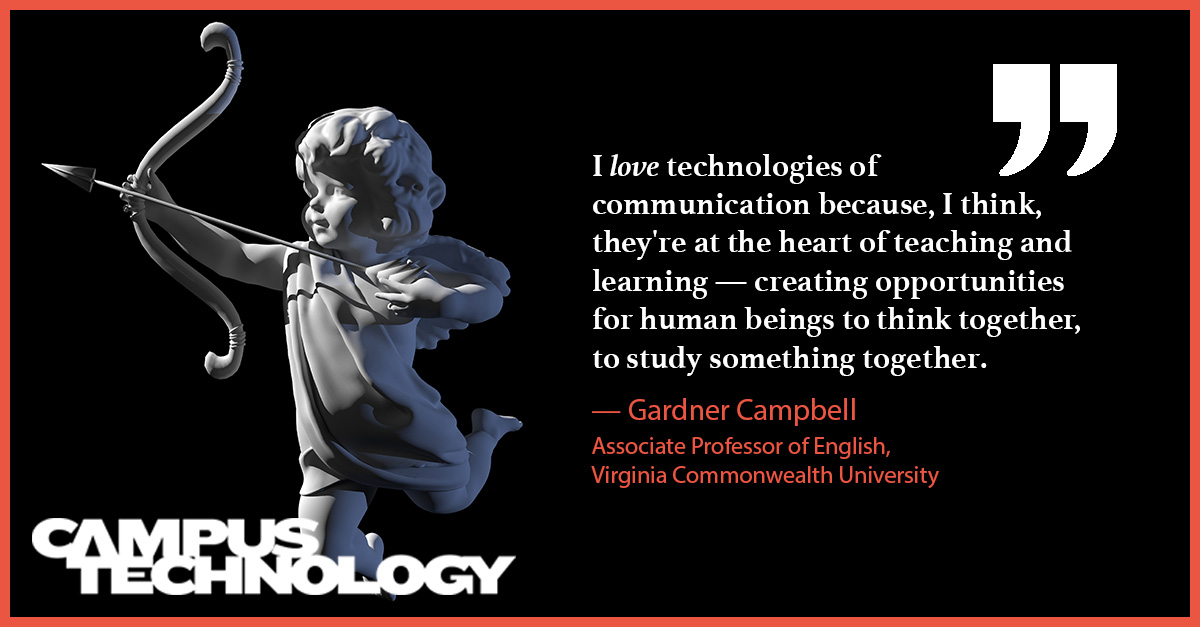
In conversations with educators, have you ever heard one of them say they "love" a certain technology? With Valentine's Day this week, we are wondering what it is about education technologies that educators actually love. Here, we ask Gardner Campbell what he loves about education technology.

Digital accessibility is central to instructional design practice at Colorado State University Global. The fully online, accredited nonprofit state institution strives to achieve universal design standards in all of its programs, and to make courses accessible to a wide range of learners. We spoke with Associate Vice President of Digital Learning Andrea Butler and Director of Instructional Design Diona Hartwig about the importance of designing for accessibility from the start, ways to engage students in the online environment, and how inclusive design ultimately serves all students.
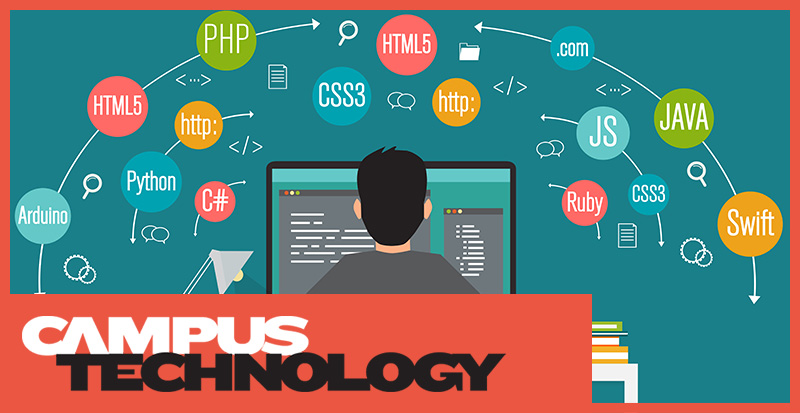
Coding skills have long been associated with workforce readiness and the digital fluency that students will need to thrive in the modern workplace. But the benefits of coding also extend to more fundamental challenges of literacy and language development.
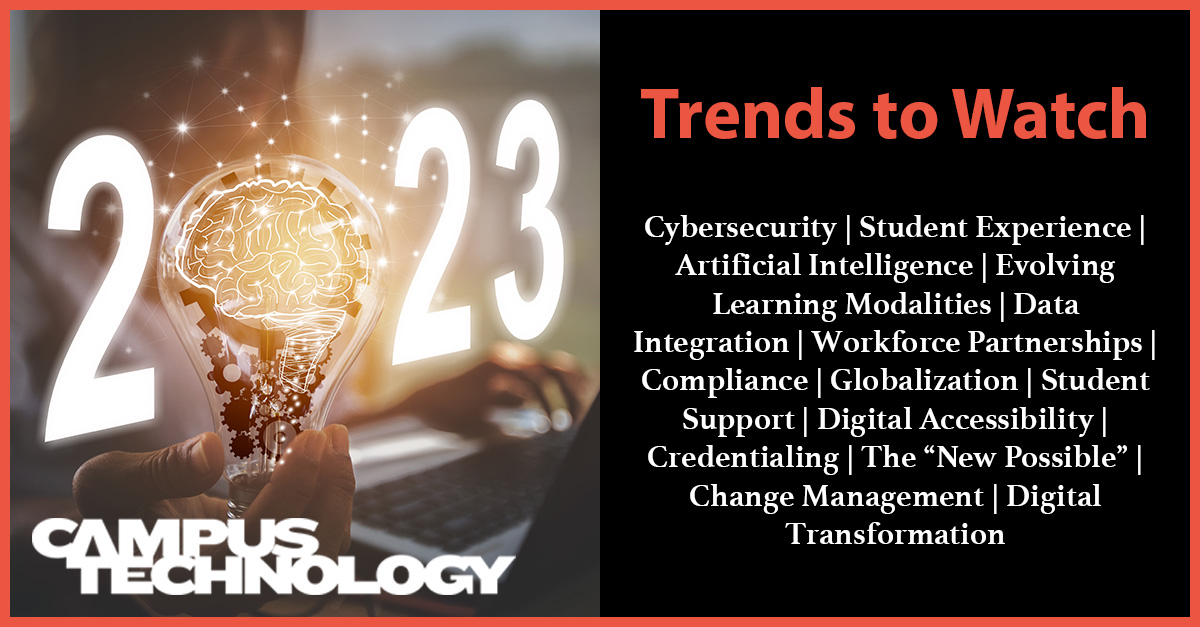
How will technologies and practices like artificial intelligence, predictive analytics, digital transformation, and change management impact colleges and universities this year? Here's what the experts told us.
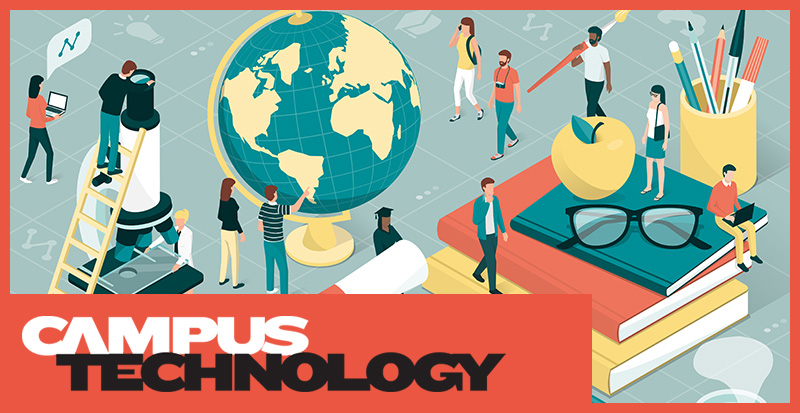
CT asks D2L President Stephen Laster to comment on critical issues for education, on the technologies and practices that can help make a difference, and on the projects he's found most rewarding and productive.
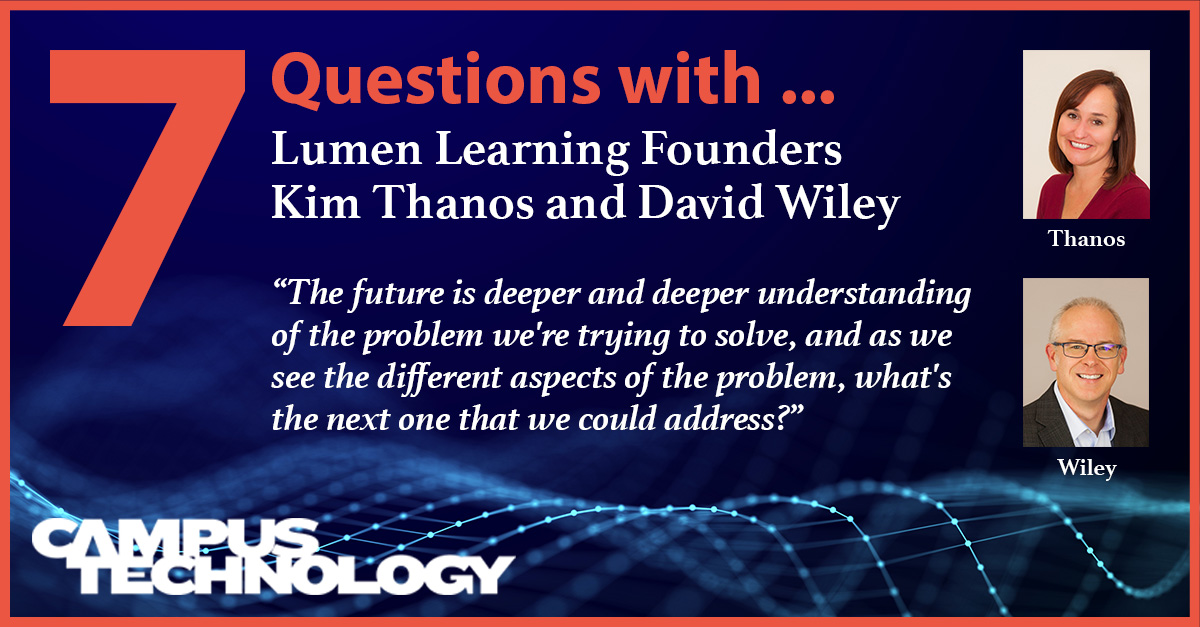
Over the past decade, Lumen Learning has expanded its focus on open educational resources to encompass courseware, professional development, online community building and more. Here's how the company is tackling challenges of equity and student success.
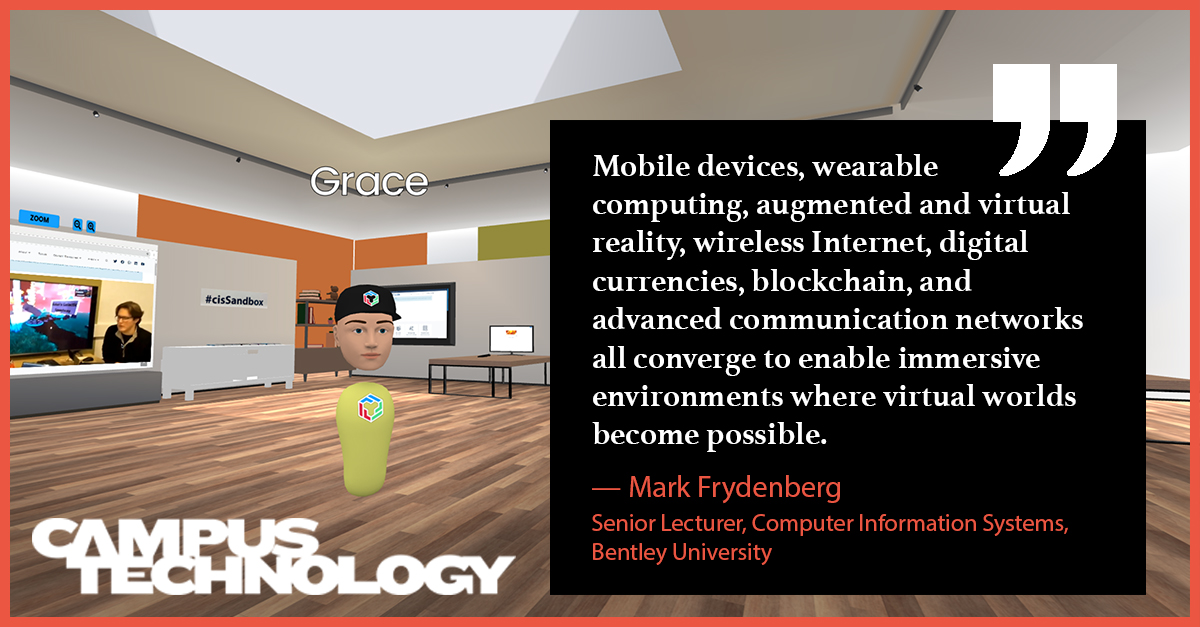
Why is learning about the metaverse important to first-year college students? Here, two Bentley University faculty meet with CT to explain how their unique course offering on the metaverse supports the goals of the institution's new undergraduate core curriculum.

Earlier this year, Lumen Learning announced a partnership with Howard University to help develop equity-centered learning solutions for a new statistics course and platform. We spoke with Dr. Morris Thomas, assistant provost for digital and online learning and director of the Center for Excellence in Teaching, Learning & Assessment at Howard, and Kim Thanos, founder and CEO of Lumen Learning, about developing courseware with an equity-first perspective, giving students multiple pathways to success, building in support for faculty, and more.

As VP for information technology and CIO at the University of Michigan, Ravi Pendse is committed to fostering a robust data culture that democratizes the use of data to inform decision-making. At the center of that culture is transparency: making sure students, faculty, and staff know exactly what types of data are collected, and how that data is stored, accessed, managed, and shared. Here, we talk about creating a data-aware, privacy-aware ecosystem, data governance challenges, making data visible to students, and more.
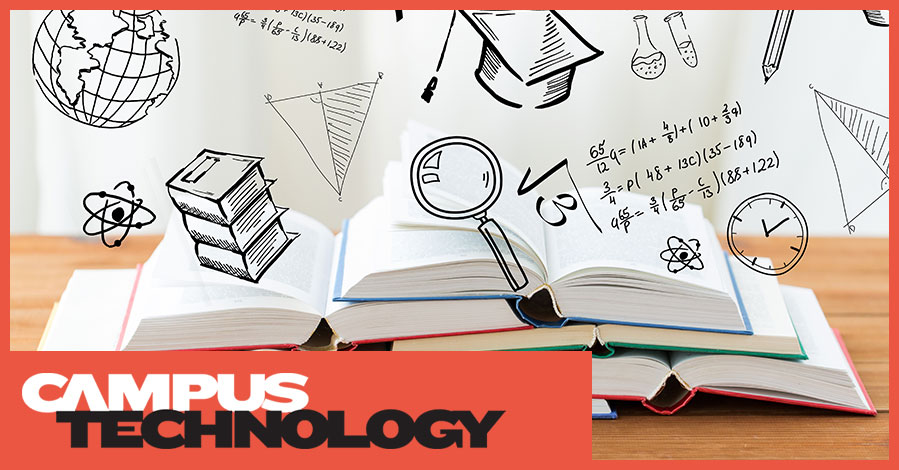
The benefits of storytelling in teaching and learning are well established — and digital tools can help make stories more interactive, boost engagement, and convey ideas more effectively. Here's how to make the most of technology and sidestep common mistakes in the use of storytelling for learning.